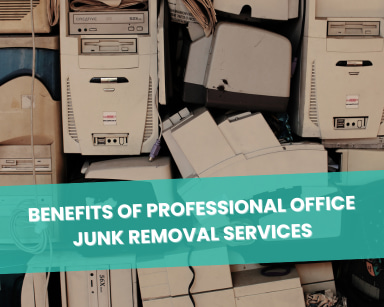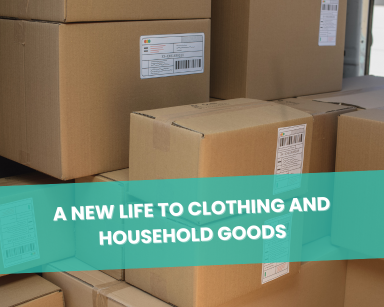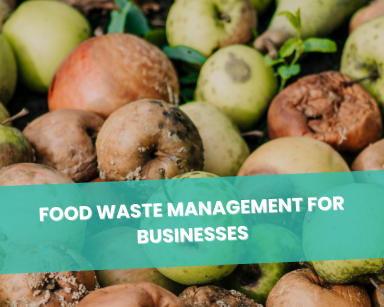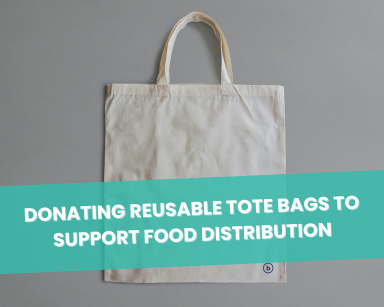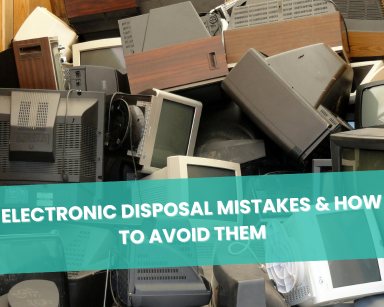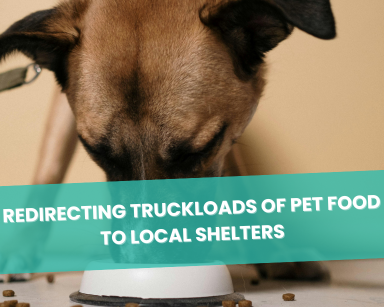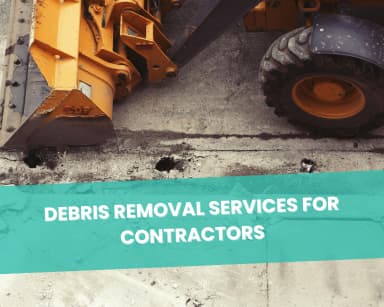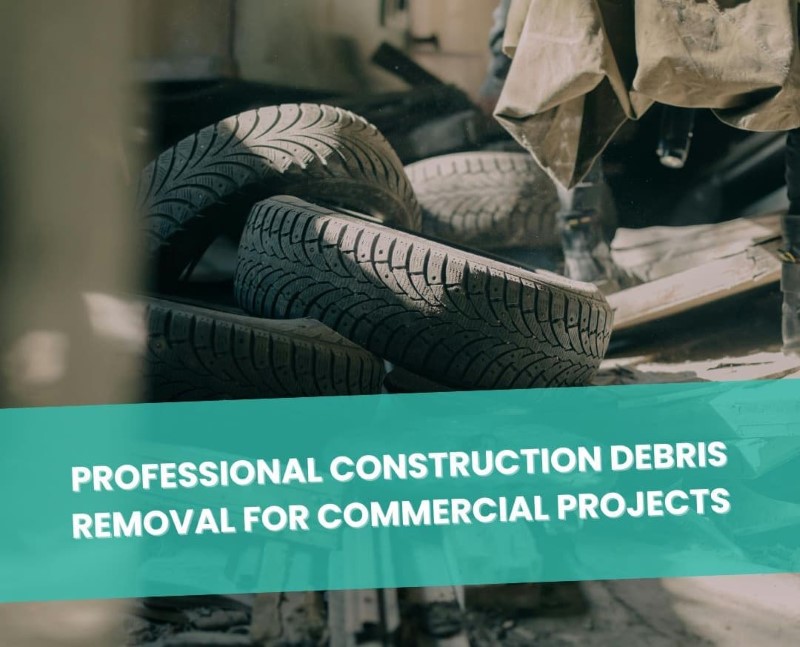Navigating the Rules: A Guide to PPE Disposal Regulations and Compliance
In the early days of 2020, as a mysterious virus rapidly spread, the world was gripped by profound fear and uncertainty. A statistic from the World Health Organization reported that we went from a few thousand to 2.3 billion units of PPE being produced monthly. Yet now, with the pandemic’s shadows receding, a new challenge emerges, like a silent echo of our previous scramble for safety: What do we do with all this PPE? This article will guide businesses through the intricacies of PPE disposal in this post-pandemic world.
Table of Contents
The Evolution of PPE and Its Importance in Modern Business
Dating back to ancient civilizations, PPE (Personal Protective Equipment) served warriors, miners, and construction workers alike. Today, industries far removed from healthcare or construction—like retail, entertainment, and IT—have come to rely on PPE. It safeguards employees, reassures clients, and meets regulatory requirements, establishing itself as an indelible part of our professional fabric.
Understanding the Real Issue With PPE Disposal
Beyond their expiry date, PPE materials can degrade, leading to microplastic pollution—a silent menace for our oceans. Furthermore, improper disposal can lead to chemical leakages harmful to both soil and water.
Here are some of the lesser-known facts:
- It’s illegal to treat PPE as regular waste.
- Untreated, used PPE can carry a hazardous risk to staff and those handling it.
- Recycling is difficult due to the nature of many protective materials.
- Most landfills don’t accept contaminated, single-use items.
For businesses, this isn’t merely an environmental concern but a reputational one. In a world that’s rapidly valuing green practices, your disposal method might be under public scrutiny before you know it.
Comprehensive PPE Disposal: The Approach by Happen Ventures
Happen Ventures stands out with its comprehensive approach. Beginning with an individualized assessment, it devises a plan that’s sensitive to each company’s unique PPE matrix. But it’s the beneficial reuse that truly marks their difference: instead of adding to the waste pile, they channel surplus PPE to communities, combining corporate responsibility with societal benefit. And as the cherry on top? A possible tax deduction for the donating company.
The Lesser-Known Advantages of Beneficial Reuse
“Recycle, Reduce, Reuse” – the familiar mantra finds a new dimension here. Beneficial reuse doesn’t just reduce waste; it also contributes to social goodwill. Companies that donate their PPE are often recognized as champions of corporate responsibility, strengthening their brand in a marketplace that’s becoming increasingly conscious.
Let’s talk about some of the unique advantages of beneficial reuse:-
- Reputational Boost: Any company that donates PPE can expect a boost in reputation, as the public recognizes their efforts to protect our environment and communities.
- Tax Benefits: Companies may qualify for a tax deduction when donating PPE.
- Social Responsibility: Donating used or excess PPE helps those who are in need of it.
- Environmentally Friendly: Beneficial reuse helps minimize PPE waste and pollution, as well as protect our environment from harmful chemicals.
Disposal 101: Guidelines for Proper PPE Disposal
Proper disposal is a nuanced process that requires attention to various factors. For instance, when it comes to gloves contaminated with biohazards, a specialized approach is necessary to ensure safe handling and disposal. On the other hand, gloves used in non-medical environments can follow a different disposal method. Similarly, the disposal of masks depends on their material. Some masks might be recyclable, allowing for a sustainable option. Others could be repurposable, finding new uses or applications.
However, certain masks might ultimately be destined for a landfill, considering their composition or contamination level. To navigate these subtleties effectively, collaborations with entities like Happen Ventures can provide valuable guidance. Their expertise ensures that businesses can confidently manage the complexities of proper disposal without missing a beat.
Regulation Spotlight: A Dive into State-specific Guidelines
In New York, for instance, any business found incorrectly disposing of hazardous PPE can face fines up to $37,500 per day. California, on the other hand, emphasizes recycling and has stringent guidelines on waste reduction. Navigating these state-specific terrains can be challenging, but with professional guidance, businesses can confidently stride forward.
A Case for Partnership
Let’s delve into the numbers. By partnering with Happen Ventures, businesses can unlock substantial savings of up to 50% on waste disposal costs. These substantial savings not only translate into financial benefits but also serve as strategic investments that pave the way for a brand’s future success.
By prioritizing sustainability, ensuring compliance with regulations, and aligning with emerging market values, businesses demonstrate their commitment to responsible practices while gaining a competitive edge in the market.
Conclusion: Crafting a Sustainable Future Post-COVID
If the pandemic taught us anything, it’s the sheer unpredictability of our world. But it also showcased humanity’s capacity to adapt and innovate. As we move forward, our approach to challenges, such as disposal, will shape the legacy of our businesses and the future of our planet. It’s time for action, and with the right partners, a sustainable, compliant, and cost-effective solution is well within reach.

